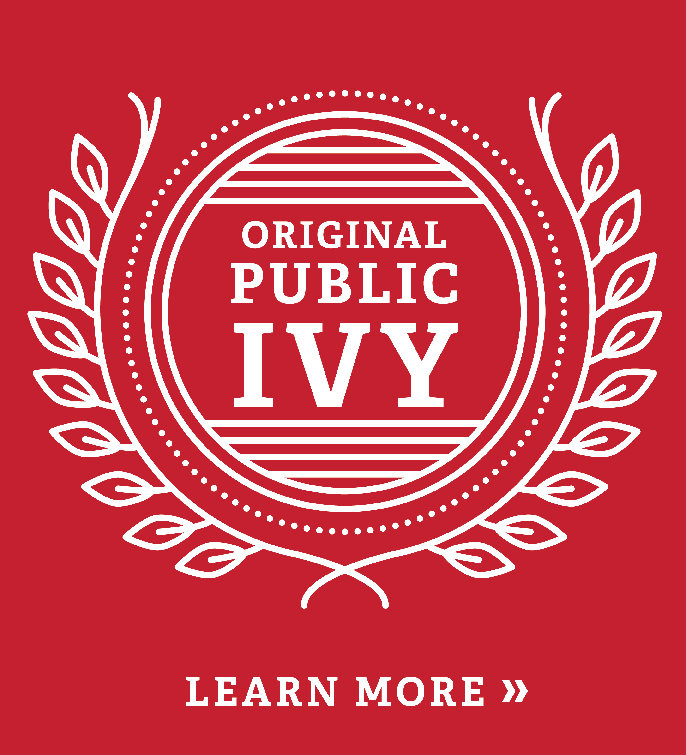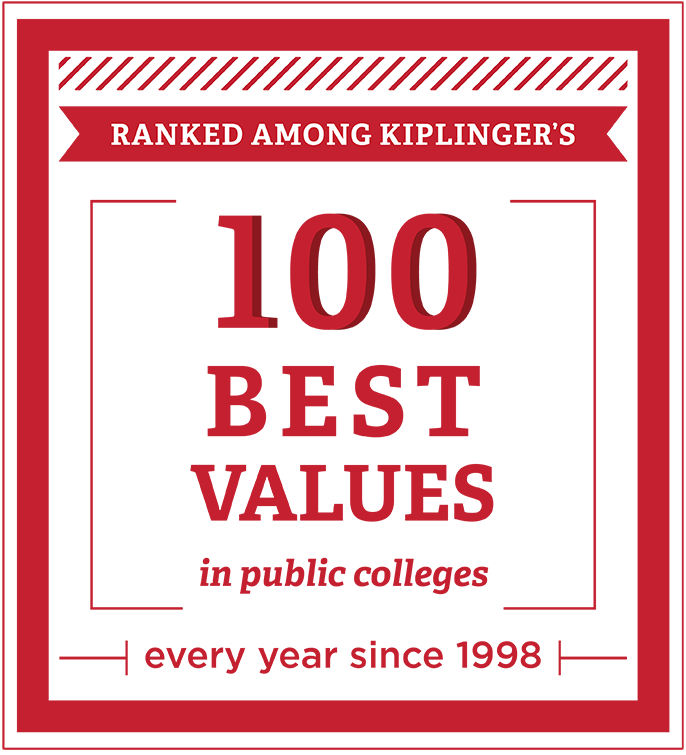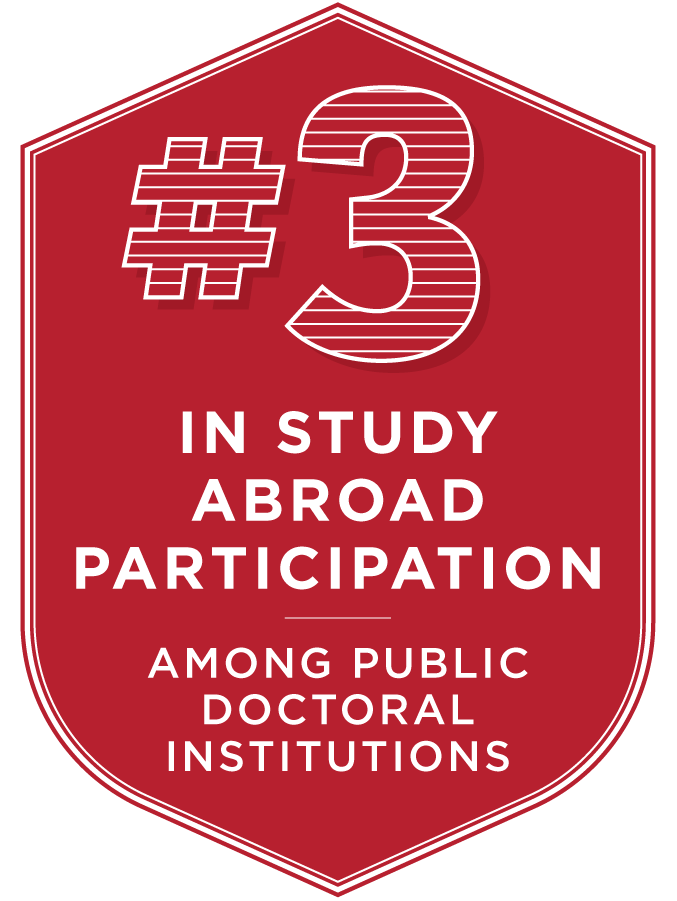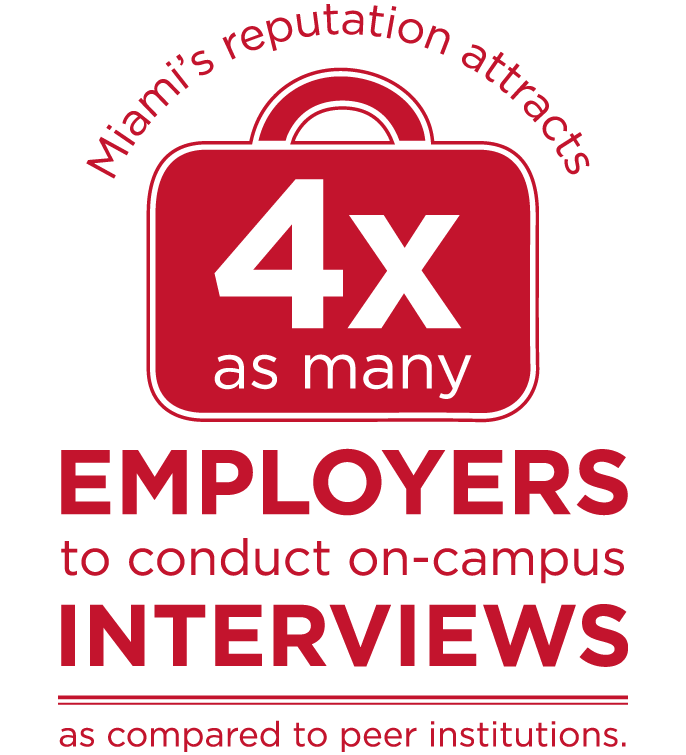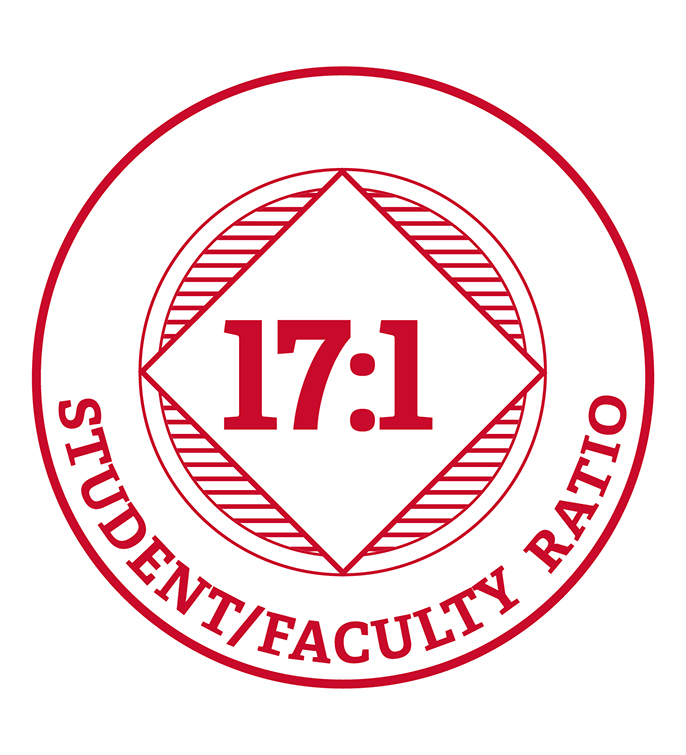Annual Address 2011
David C. Hodge
September 29, 2011
These four core qualities of entrepreneurial thinking frame Miami's ambitions exceptionally well. An entrepreneurial mindset stresses our liberal education foundation, engages us in important and significant issues, revels in innovation, commits us to effective execution, and understands that culture trumps structure. These qualities are vital for our future success. They reflect our enduring foundational values, yet they are forward-looking, inspiring, and ambitious. They provide an exciting vision of our future.
Building Momentum
The work of the SPTF, and significant advances across the university, speak to the promise ahead for Miami. I would like to share some of the accomplishments of the past year, as well as projects that are underway, that highlight innovation and execution leading to cultural change.
Attitudes, Operations, and Systems
Many of the most dramatic examples of successful projects, and new ways of thinking, come out of Finance and Business Services, especially project LEAN. More than 150 staff members across Finance and Business Services have participated in LEAN training or are presently involved in process improvement projects. Through this training, they learn how to identify and correct weaknesses that negatively affect efficiency or service quality and to inject new ideas for improving operations. They are creating an entrepreneurial culture that focuses on the continuous pursuit of being better at everything we do.
The LEAN approach was initially adopted in Housing, Dining, Recreation, and Business Services three years ago. For the second consecutive year, this group has achieved their best financial performance ever! This has enabled the University to reinvest in its residential and dining facilities without passing higher room and board costs on to students. This past summer for example, we accomplished the largest ever single installation of an electronic door access system using smart card technology.
The University Bookstore created a new and stronger business model. The bookstore was completely remodeled with a much more attractive layout. This fall more than 4,300 students ordered their books online and nearly 4800 students took advantage of our growing textbook rental program. Later this fall the community will even be able to take advantage of the new Clinique counter—a highly anticipated move by many students!
Our Physical Facilities Department has focused on sustainability by controlling the demand for and cost of energy on campus. We took our first physical steps towards moving away from coal with the installation of geothermal heating and cooling for Stoddard and Elliot. The renovation of these buildings with the new heating and cooling system is evidence that even our oldest buildings on campus can be preserved, while offering the most efficient and sustainable systems on any campus in this country. This summer our power plant used a student-developed phone application to monitor energy costs in a real-time mode. This allowed us to determine when it was cost effective to deploy our peaking units and sell energy during peak demand periods. This not only helped control our costs, but also assisted the electric industry with an additional power supply—and netted the University an additional $70,000 in revenue!
The Strategic Assessment of Support Services effort this past year provided great insights into the operational structure and practices of the university. This year, we are focusing on the implementation of two focus areas: procurement and IT. While we will have help from consultants on key parts of the planning process, the Support Services Implementation Program will be overseen by a University steering committee made up of faculty, staff, students, and administrators. Our primary goal is to effect changes that will reduce costs and improve performance so that resources can be made available for university priorities, especially support for faculty and staff. Equally important, though, we will be using this effort to develop the institutional capacity to design and implement such improvements in the future ourselves, strengthening the culture of entrepreneurial thinking.
This year we are also devoting much time and energy to developing a new approach to budgeting and the allocation of resources. A university committee is intently analyzing the requirements for implementing Responsibility Center Management, an approach that encourages more entrepreneurial thinking and action in an outcomes-based culture. The challenge is to create a system that stimulates new ideas, entrepreneurial thinking, and greater success and also leads to clear, transparent allocation decisions that align with our University values and priorities. In order for this new budgeting model and local planning decisions to succeed, we need to have a greatly enhanced capability for tracking, measuring, and evaluating key data. Our IT staff is leading the Institutional Analytics project that has already made significant progress in moving us towards common processes and data definitions that will support outcomes-based assessment and decision-making.
A similar effort to coordinate key activities across campus is the development of a new institution-wide Constituent Relationship Management (CRM) system. A joint project that involves admissions, the graduate school, advising, and advancement and that will extend to virtually all parts of the University, the new system will replace five or more current, and generally unrelated or separate applications, providing a single common reference point for all students and alumni, allowing us to provide much better service.


